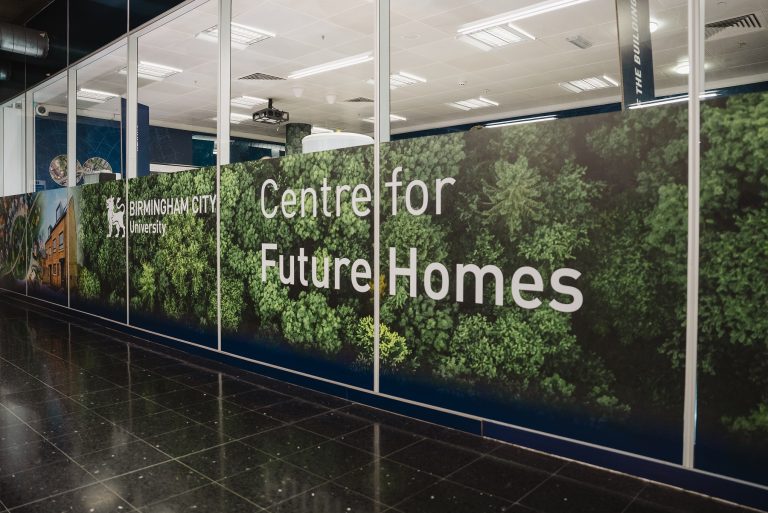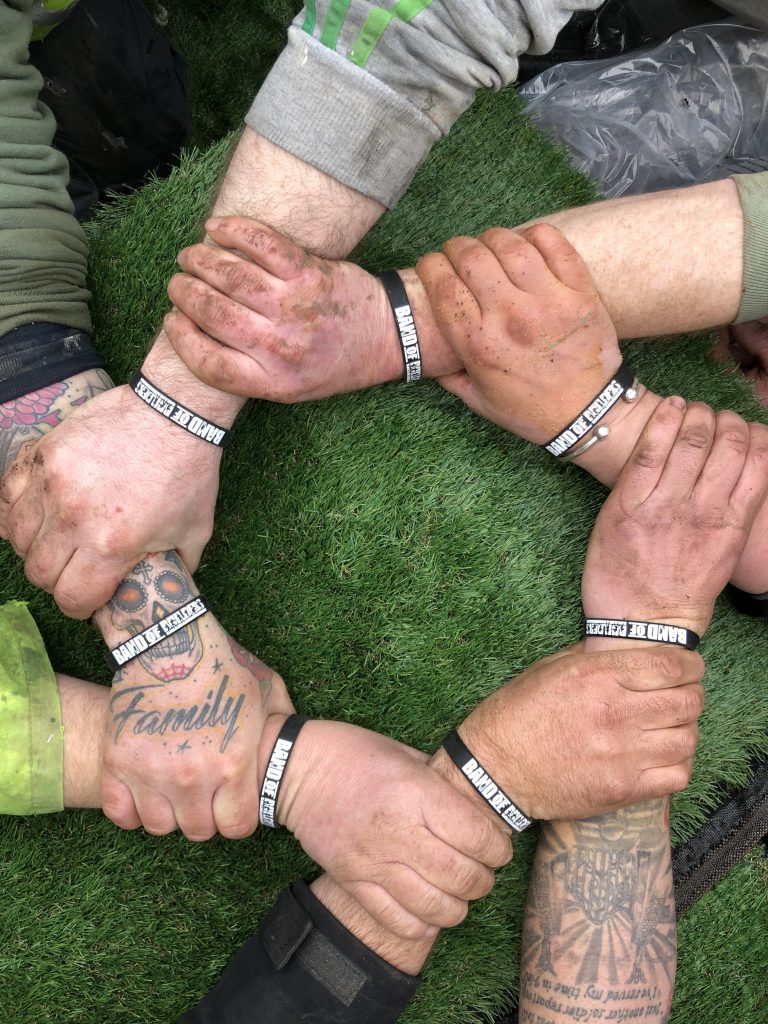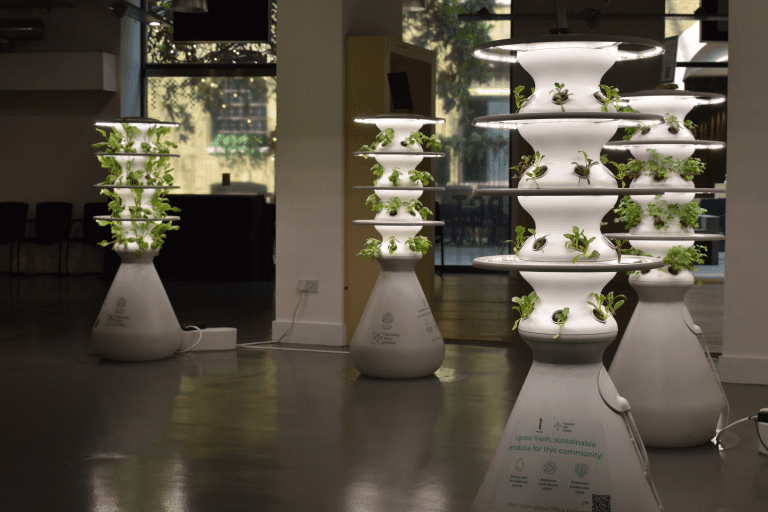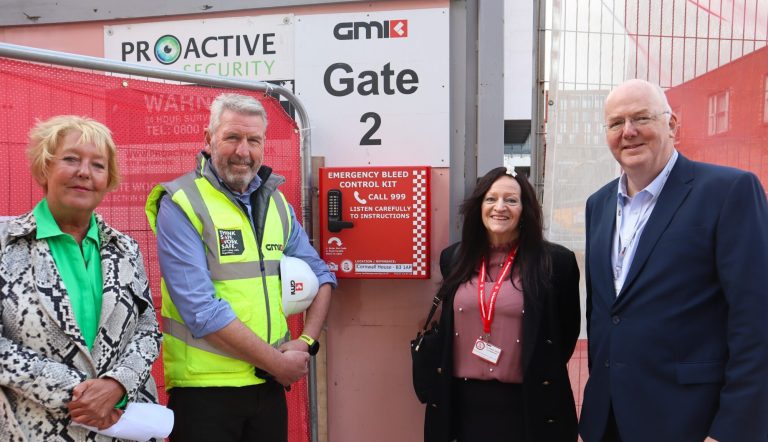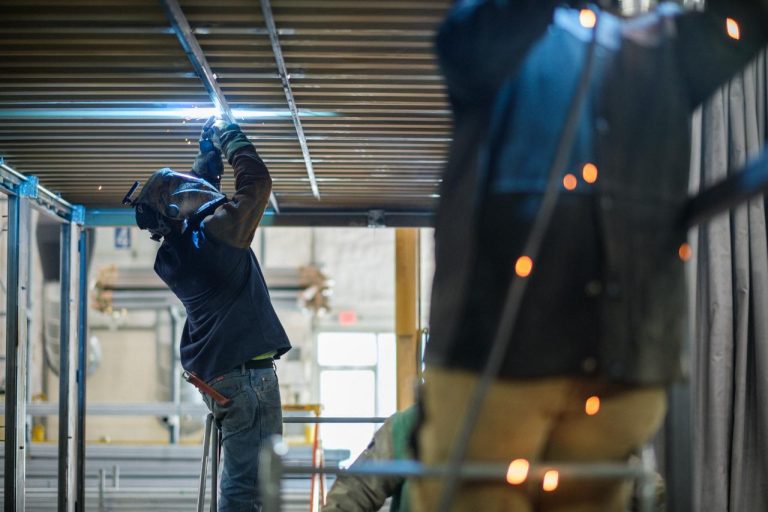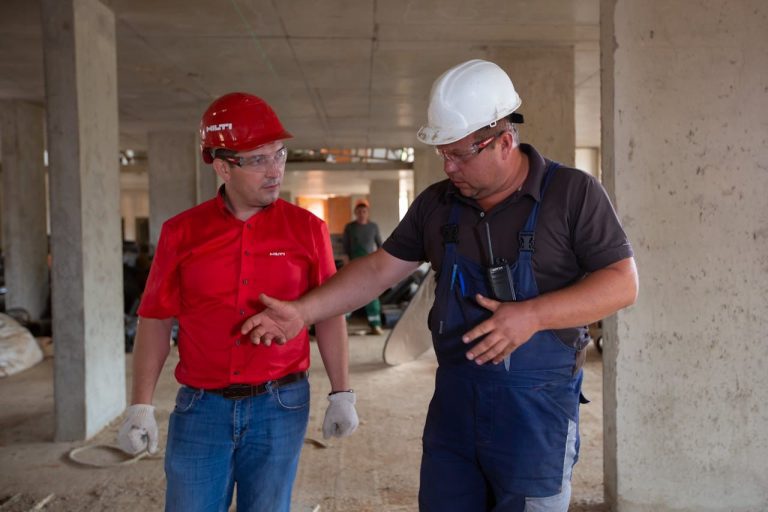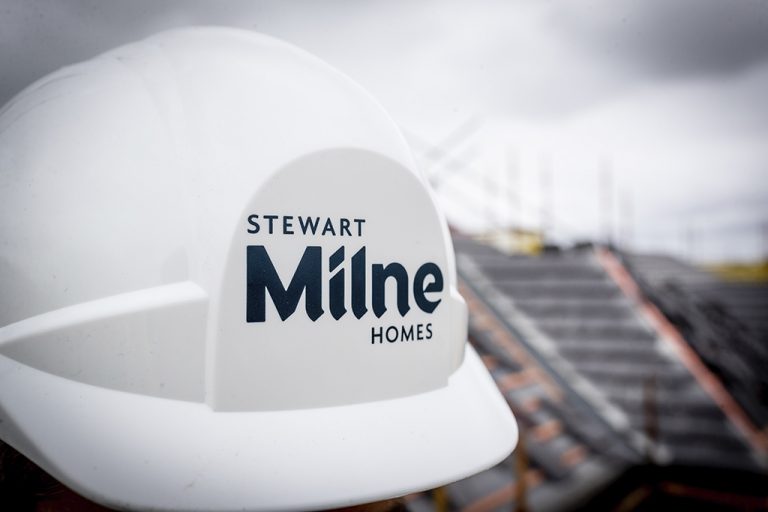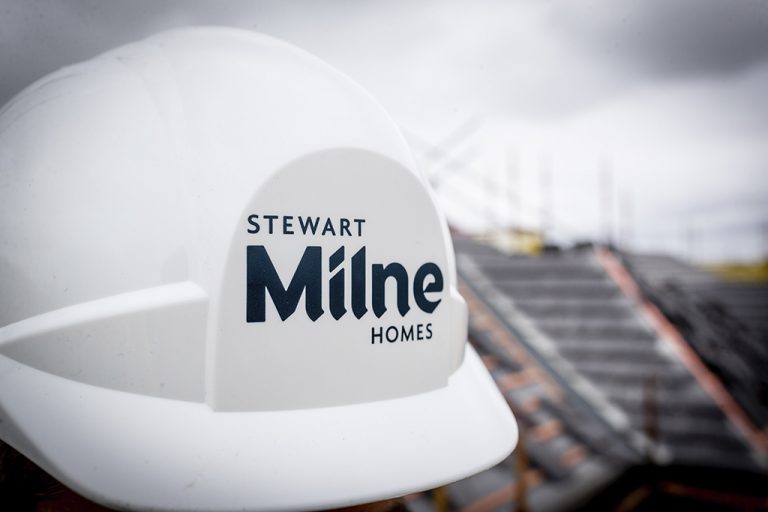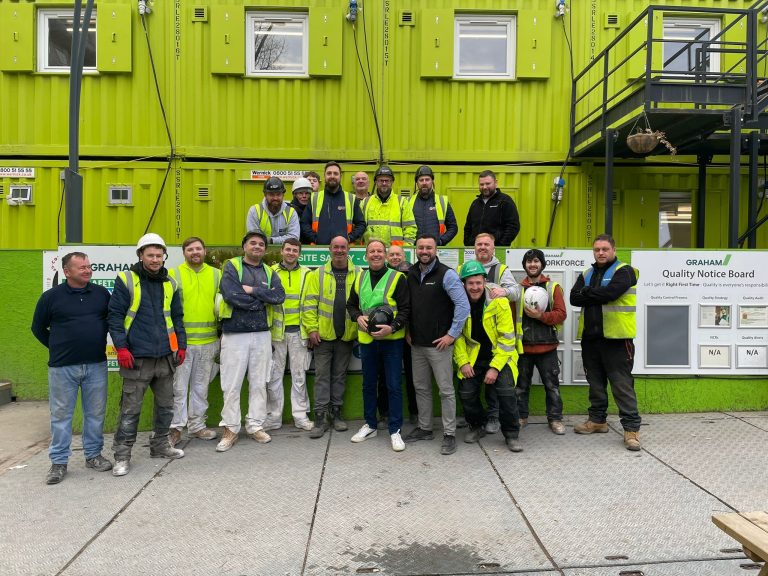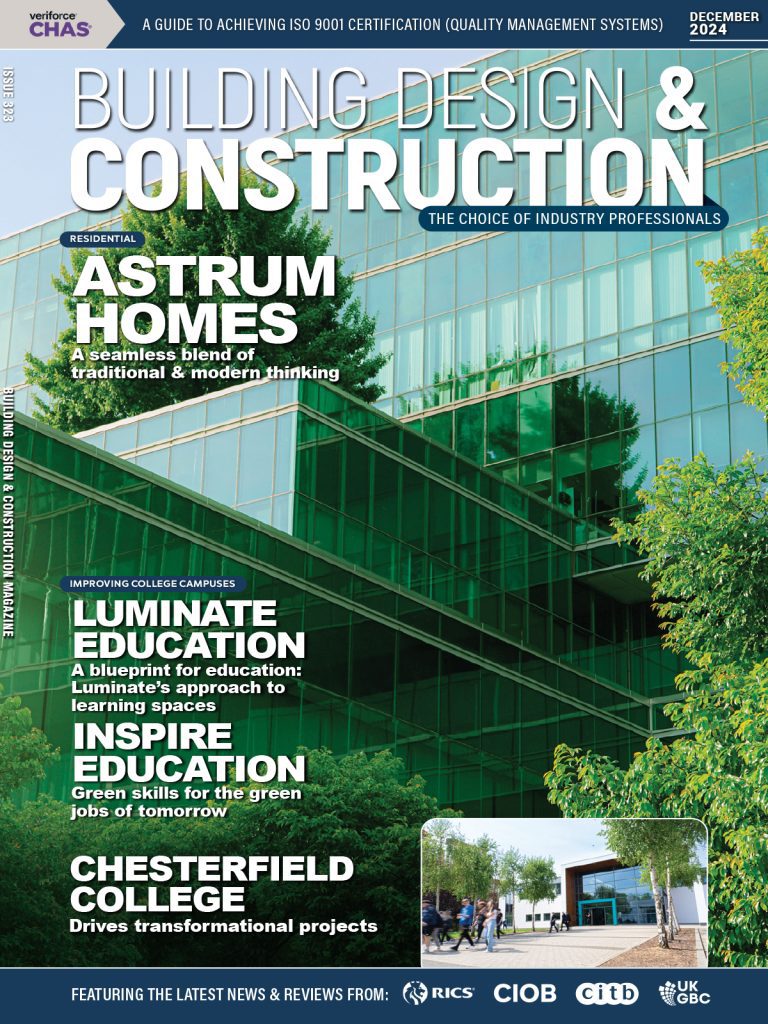Behind every successful construction project is a strong and capable construction labor force. But keeping your workers happy and motivated – and therefore more productive – is not an easy task. After all, the nature of the industry itself is demanding: tight deadlines, long hours, not to mention the physically demanding and often dangerous work; it’s no wonder many construction workers struggle with stress and anxiety. But when you come right down to it, all employees, including construction workers, want the same things: to be safe, fairly compensated, and appreciated for their hard work. A sense of camaraderie doesn’t hurt either. In this blog post, we discuss how you can go about providing these and more things for your construction workers so they can remain happy, motivated, and productive. Safety First and Foremost Any construction manager worth their salt already knows this, but since safety should be the No.1 priority on anyone’s construction site, it’s still important to highlight that your workers, first and foremost, want to feel safe and secure while they’re on the job. To ensure all your employees are safe, start by providing thorough safety training and then enforce safety protocols. Also make sure your workers wear protective gear and that your equipment is well-maintained and clean at all times. You want your employees to feel safe so they can focus on their work without worrying about unnecessary risks. Fair Compensation and Timely Payment Everyone wants to be fairly compensated for their hard work, and construction workers are no exception. Ensuring that every single member of your team is paid competitively not only shows appreciation for their effort but also helps alleviate some of their financial stress. As a bonus, this helps foster loyalty and therefore reduces employee turnover. Equally important is that your workers are paid on time, every time. Late payments can cause stress and resentment among your team, so prioritize timely payroll processing to keep morale high. To make sure everything runs smoothly, consider investing in a full-service payroll software as it can greatly simplify the process as well as minimize errors. Encouragement and Recognition Money matters, but so does a kind word and encouragement. Seriously, don’t underestimate the power of recognition: construction work is hard work and recognizing it as such by acknowledging your workers’ contributions can go a long way in boosting morale and motivation. All employees, irrespective of industry, want to feel appreciated and valued for their efforts. So, take time to acknowledge your workers’ accomplishments, provide constructive feedback when appropriate, and celebrate milestones along the way to show you care. A simple “great job” or a pat on the back can make all the difference, but offering incentives or rewards for exceptional performance is often even better as it can help foster loyalty. Sense of Camaraderie Construction work requires teamwork and collaboration, so fostering a sense of camaraderie among your crew can not only help them feel less alone at work but also increase their productivity. Always remember that your workers want to feel like they are part of a team that is working towards a common goal, and then act accordingly. How? By fostering a supportive work environment (listen to their feedback, address issues promptly, and check in with them regularly) and create opportunities for team-building activities (anything from potluck to trivia games to scavenger hunt works). The goal is to strengthen bonds and create a positive work environment where everyone feels like they’re part of a team. Work-Life Balance Finally, because construction work can be stressful, not to mention physically demanding, it’s essential to encourage your employees to take breaks and vacations so they can recharge. All workers want to have time to rest, spend with their families, and pursue personal interests outside of work, so make sure you give your team plenty of opportunities to do just that. Of course, long hours are often unavoidable, but if you do your best to have flexible scheduling options for your workers, they’re guaranteed to appreciate it. Final Thoughts Understanding what your construction workers want and need is essential for building a happy, motivated, and productive labor force. By focusing on fair compensation, encouragement, and work-life balance, you can create a positive work environment where your team feels valued and empowered to succeed. Remember, investing in the well-being of your workforce is not only beneficial for them but also for the success of your company.
